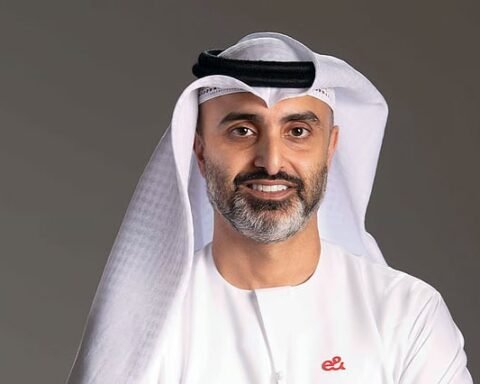
Renault and Nissan Further Loosen Ties to Aid Japanese Automaker’s Turnaround
Automakers Adjust Partnership Terms as Nissan Exits Renault’s EV Unit Investment
by Allen Cot

Cross-Shareholdings Lowered as Nissan Exits Renault’s EV Unit Investment
In a strategic move aimed at bolstering Nissan’s recovery, automakers Renault and Nissan announced on Monday a further restructuring of their long-standing partnership. The latest amendment to their alliance agreement will allow for a reduction in their cross-shareholdings, lowering the required stake to 10% from the previous 15%.
The decision comes just ahead of Ivan Espinosa assuming his new role as CEO of Nissan, taking the helm at a critical juncture for the struggling Japanese carmaker. Under pressure to regain competitiveness, Nissan will also be released from its earlier commitment to invest €600 million ($648.96 million) in Renault’s electric vehicle subsidiary, Ampere.
Strengthening Nissan’s Recovery
“As a long-time partner of Nissan within the alliance and as its main shareholder, Renault Group has a strong interest in seeing Nissan turn around its performance as quickly as possible,” Renault CEO Luca de Meo stated.
In a parallel move, Renault announced its intent to buy out Nissan’s majority stake in their joint Indian venture, Renault Nissan Automotive India Private Ltd (RNAIPL). The acquisition is expected to be finalized by the end of the first half of this year. Despite an estimated impact of €200 million from this transaction, Renault reaffirmed its financial forecast, projecting a free cash flow of at least €2 billion in 2025.
Incoming Nissan CEO Ivan Espinosa emphasized the company’s commitment to optimizing efficiency while maintaining the strategic benefits of the alliance. “Nissan is committed to preserving the value and benefits of our strategic partnership within the Alliance while implementing turnaround measures to enhance efficiencies,” he stated.
Challenges and Road Ahead
The restructuring comes at a time when Nissan continues to struggle with declining sales and mounting challenges in the global automotive market. Renault remains Nissan’s largest shareholder, holding 17.05% of its capital directly. The Japanese automaker has faced difficulties since the downfall of former CEO Carlos Ghosn, who was accused of financial misconduct—allegations he has consistently denied.
Espinosa, formerly Nissan’s chief planning officer, was appointed in March to replace Makoto Uchida after the company’s lackluster financial performance and failed merger talks with Honda. His leadership will be crucial in steering Nissan back to growth and stability.
The amendments to the alliance agreement, including Nissan’s withdrawal from Ampere, remain subject to certain conditions, with the final approval expected by the end of May. As the automotive industry undergoes rapid transformation, the recalibrated Renault-Nissan partnership aims to position both companies for sustained success in a fiercely competitive market.
Post Views: 750















